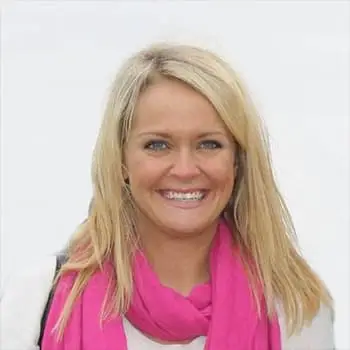A recent study evaluated the willingness of people who use opioids to utilize safe consumption spaces. Learn more about the study’s findings and the implications they may have on overdose prevention efforts across the country.
There is currently an ongoing debate as to the benefits and risk of drug injection safe use sites. Deaths related to drug use are rising in the United States, and cities around the country are considering opening safe use sites to decrease overdoses. A recent study published in the Journal of Urban Health assessed people’s willingness to use safe consumption spaces.
What Are Safe Use Spaces?
Before going into the specifics of the study, it’s important to answer two questions: What are safe use spaces, and what do they entail? Safe use spaces may also be referred to as supervised consumption services (SCS), overdose prevention centers, safe or supervised injection facilities, and drug consumption rooms. These spaces allow people to consume drugs they have already obtained under professional staff supervision. The idea is to use these safe use spaces to reduce many of the health issues related to public drug use, including overdose.
See More: Prevent Overdose with Harm Reduction Therapy
Staff at safe use spaces don’t handle the drugs someone brings to the space, nor do they provide direct consumption assistance. Instead, they provide clean injection supplies and information about safe consumption. The staff of centers also monitor for potential overdoses and provide first aid, medical advice and drug treatment referrals when necessary.
Treatment Can Be Life Changing. Reach out today.

The problem, aside from ideological issues in the United States, is that these rooms violate drug laws at the state and federal level. There is a federal law in the U.S. that makes it a criminal liability for someone to be knowingly connected to a property where illegal drug use takes place. There is also a fear on the part of people in many communities that safe consumption spaces encourage the use of drugs. However, many countries, including Canada and Australia, have these types of sites in place currently and have for decades.
What Does the Research Say?
Researchers from Brown University and Boston University conducted a study to determine whether or not people who use opioids would also willingly use safe consumption spaces.
More than 300 people using opioids were surveyed for the study. These opioids included heroin and fentanyl, as well as opioid pills. People surveyed were in cities including Baltimore and Boston, as well as Providence, Rhode Island.
According to the study, an average of 77% of participants said they would be willing to use safe consumption spaces. In Boston, 84% of survey participants said they would be willing to use these spaces, and 78% of surveyed individuals in Baltimore said the same. Approximately 68% of Providence participants indicated a willingness to use safe consumption spaces if available.
Of the people who were part of the survey, 70% were homeless, and 60% reported using drugs in public or semi-public areas on an ongoing basis. Additionally, nearly two-thirds of participants said they’d had an overdose in the previous six months, and 73% said they had possibly used a drug that contained potent fentanyl.
Study authors point to the importance of the findings in terms of people’s willingness to use harm-reduction interventions.
If you are struggling with the use of opioids or other substances and you would like to find help, contact The Recovery Village Palm Beach at Baptist Health today.










